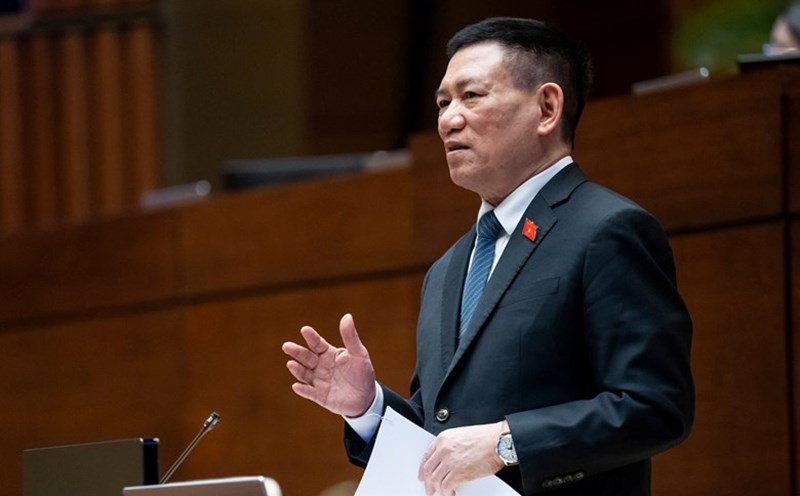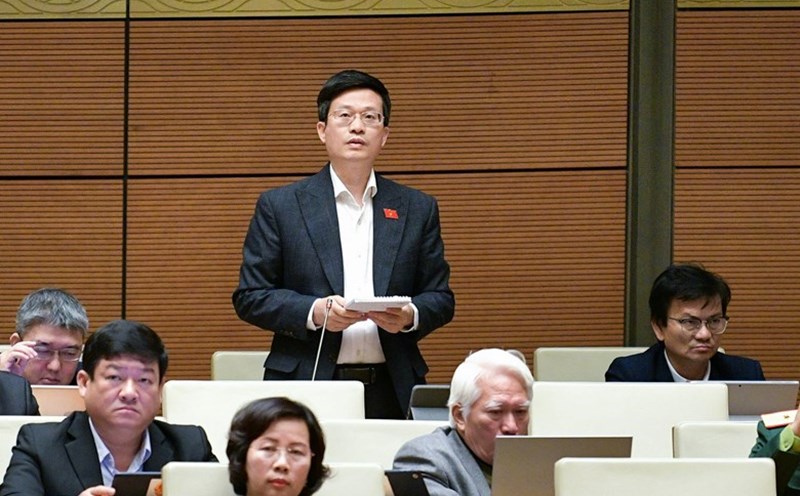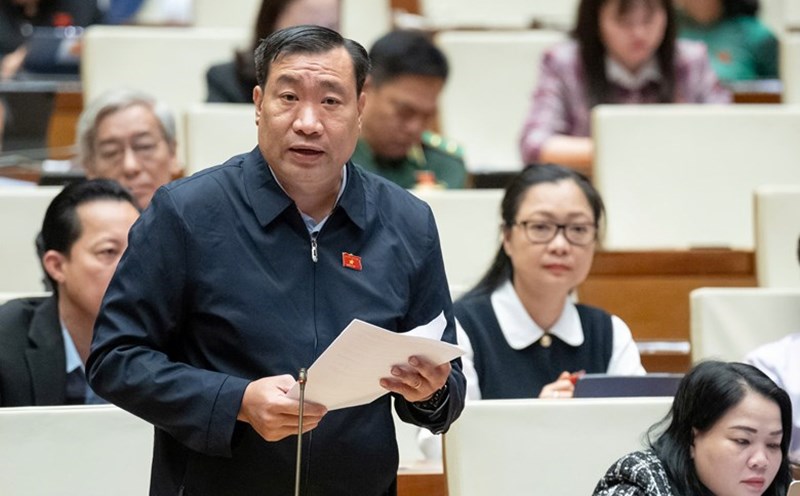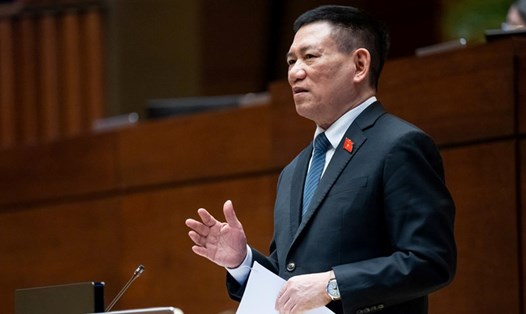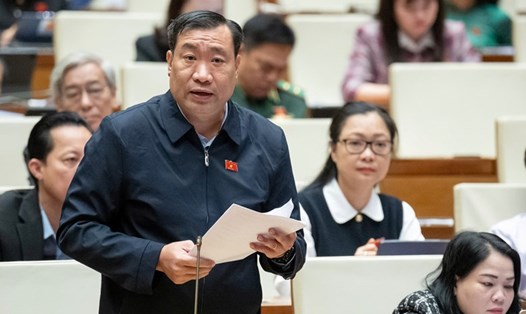The draft Law on Corporate Income Tax (amended) and corporate income tax for press agencies received many controversial opinions from delegates at the discussion session in the hall on November 28.
The draft Law on Corporate Income Tax is expected to reduce corporate income tax for all types of newspapers from 20% to 15%, while print newspapers will remain at 10%.
However, many National Assembly deputies believe that such taxes are still high and “stronger policies are needed”. Because the press economy is currently facing difficulties, the lives and incomes of officials and reporters have decreased significantly.
Nowadays, most press agencies operate with non-profit goals, serving propaganda and education tasks instead of business goals.
And the reduction, as proposed by the delegates, is to be reduced to 10% for all types of newspapers instead of just print newspapers.
In the explanation and clarification section of some issues of concern to delegates, Deputy Prime Minister Ho Duc Phoc also hopes that the National Assembly will impose a tax rate of 10% on printed newspapers and other types of newspapers.
This is a very reasonable wish and proposal, which should be supported for many reasons.
First of all, as delegate Do Chi Nghia (Phu Yen delegation) said, if the state budget is reduced by another 5%, "not much will be lost" because the current press revenue is very low but the tasks are increasing.
But the additional 5% reduction is “a very important encouragement”, not only to solve the immediate difficulties of the press but also to help increase the value of information and spiritual value so that we can do our job better.
In reality, journalism is not only a business but also a public interest organization, playing the role of guiding public opinion, providing accurate information and social criticism.
This requires a separate tax policy, prioritizing support for the press to overcome difficulties instead of applying it generally like pure businesses.
Furthermore, the current tax law does not have specific regulations for press agencies, leading to the application of tax rates as for normal businesses without considering the special role of the press in the political and social system.
A healthy press with sufficient resources for development not only serves propaganda work, but also contributes to enhancing the cultural and spiritual values of the entire community.
Timely and reasonable decisions, such as the proposal to reduce tax by 10% for all types of press, will not only solve immediate difficulties but also create motivation for the press to develop more strongly, meeting the requirements of performing political and communication tasks worthy of the country's position!

